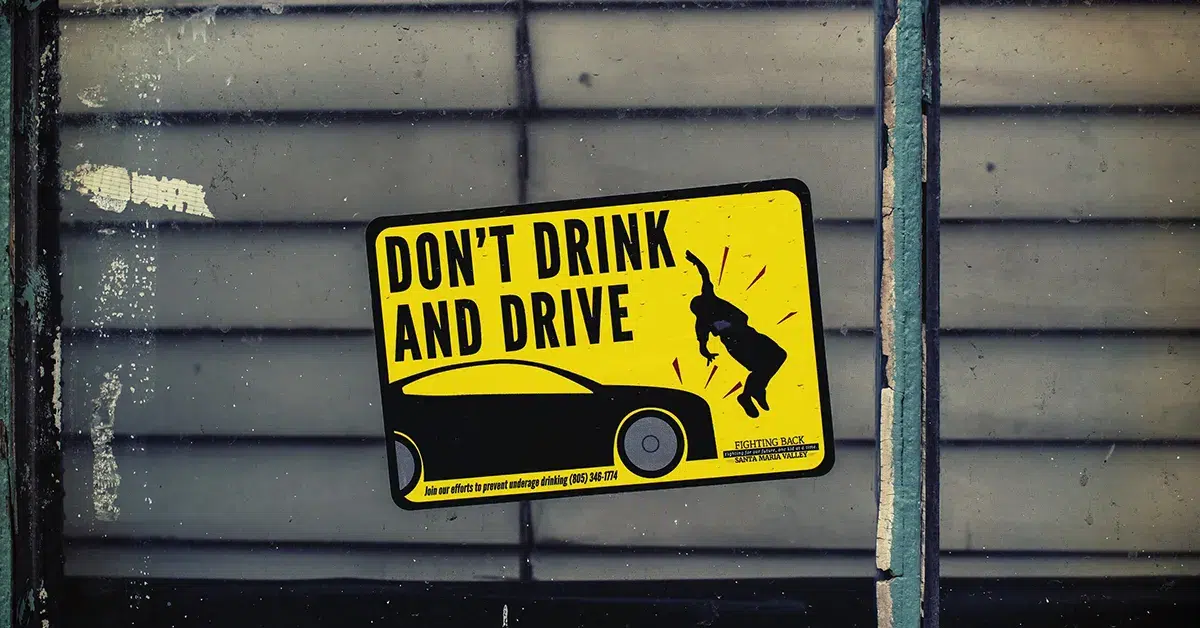In a case called People v. Watson (1981) 30 Cal.3d 290, the California Supreme Court outlined what is required to prove murder in a DUI case in which a terrible accident took the life of another person. Watson murder cases involve charges of second degree murder, as opposed to premeditated first degree murder. A second degree murder charge requires that the prosecution prove malice. There are two kinds of malice – express and implied. Express malice is an unlawful intent to kill. Implied malice can be shown where someone does something so dangerous to human life, and actually knew that it was dangerous. The law then implies that they acted with malice. The latter kind of malice applies in a Watson murder case.
The prosecution still has a tough burden. They must show that “the natural and probable consequences” of the defendant’s act were dangerous to human life and that the defendant knew that their act was dangerous to human life. Prosecutors frequently show this in a Watson murder case by introducing evidence that the defendant has a prior DUI conviction and was told at sentencing of the dangers of driving under the influence. The difficulty in proof arises when the DA must actually prove beyond a reasonable doubt that the natural and probable consequences of driving under the influence are dangerous to human life. How many simple DUIs with no injuries happen every day? Fortunately, fatalities seem to be the rare consequences of someone’s act of driving while impaired. This is not to suggest that driving under the influence is not dangerous. It is very dangerous! But the jury instruction requires proof that when the defendant got behind the wheel intoxicated, the natural and probable consequences of their act were life threatening…. This seems tough to prove, but in reality unless a defendant charged in a Watson DUI case has a lawyer who understands how to defend these cases, the natural and probable consequences of being charged with this crime seem to be life in prison.
A good defense may be to show that the defendant was not impaired, if that’s possible. If the defendant was a .24% BAC and stumbling and slurring upon exiting their vehicle, this might be a difficult endeavor even if their airbag deployed potentially causing a concussion. There are all sorts of defenses to this crime. First, the driving is critical. How did the accident occur? If the defendant ran three red lights, and drove on the wrong side of the road, that defense is implausible. If the defendant was taken to the hospital, was the blood test a forensic test or was the blood analyzed by the hospital? There’s a big difference. Then we get to the natural and probable consequences argument. What type of proof does the prosecution have that this is true? Also, how are they going to show the defendant’s subjective knowledge of the danger? The prosecution can prove this with circumstantial evidence. In other words, the prosecution does not have to show that the defendant stated, “Oh, I knew before I got behind the wheel that what I was about to do was dangerous to human life.” That would be a rare (although not completely impossible) set of facts.
Recently, prosecutors have stretched the Watson DUI concept to cover drug cases in which a defendant provided another person with fentanyl, and that person died as a result. It seems strange that the defendant would be guilty of murder just for giving or selling someone fentanyl, but because of the deadly nature of this type of drug, prosecutors now attempt to show that the defendant subjectively knew that the drug was dangerous to human life. This is still a tall order, but it is becoming more and more common. It may even be easier to show that the natural and probable consequences of providing this type of drug to someone are dangerous to human life, than meeting this element in a Watson DUI case. But how do they show the defendant actually knew? I’m skeptical that the prosecution can make this showing in most cases, but in reality, especially when a young person dies after ingesting the drug, a jury might just want someone to blame.
Watson cases are extremely difficult to defend. Many defense attorneys might first try to settle such a case with a determinate sentence as opposed to going forward where the potential outcome is life in prison. Then the sentencing complications begin. As it turns out, gross vehicular manslaughter under Penal Code section 191.5 carries a maximum of only 10 years. This is usually not sufficient to satisfy a prosecutor in a Watson murder case. But a creative defense attorney trying to save their client’s life might be able to come up with some additional crimes and years in prison that just might lead to settlement.
Watson DUIs are some of the saddest cases I have ever seen. Whenever life is lost, it is tragic. Some of these cases involve children victims, which is absolutely devastating. And many involve a client who just made a stupid mistake and would never intentionally hurt, let alone kill, anyone. But now they face life in prison for getting intoxicated and driving… In my career, Watson DUIs are the cases that have kept me up the most at night. Not only do I have so much sympathy for the victims and their families, I have watched clients (who have families and young children, and had normal and productive lives before the incident) go to prison for many years after settlement. I can only hope that these cases serve as examples of what not to do.
Do not drink alcohol or consume drugs and get behind the wheel. It will never be worth it.




